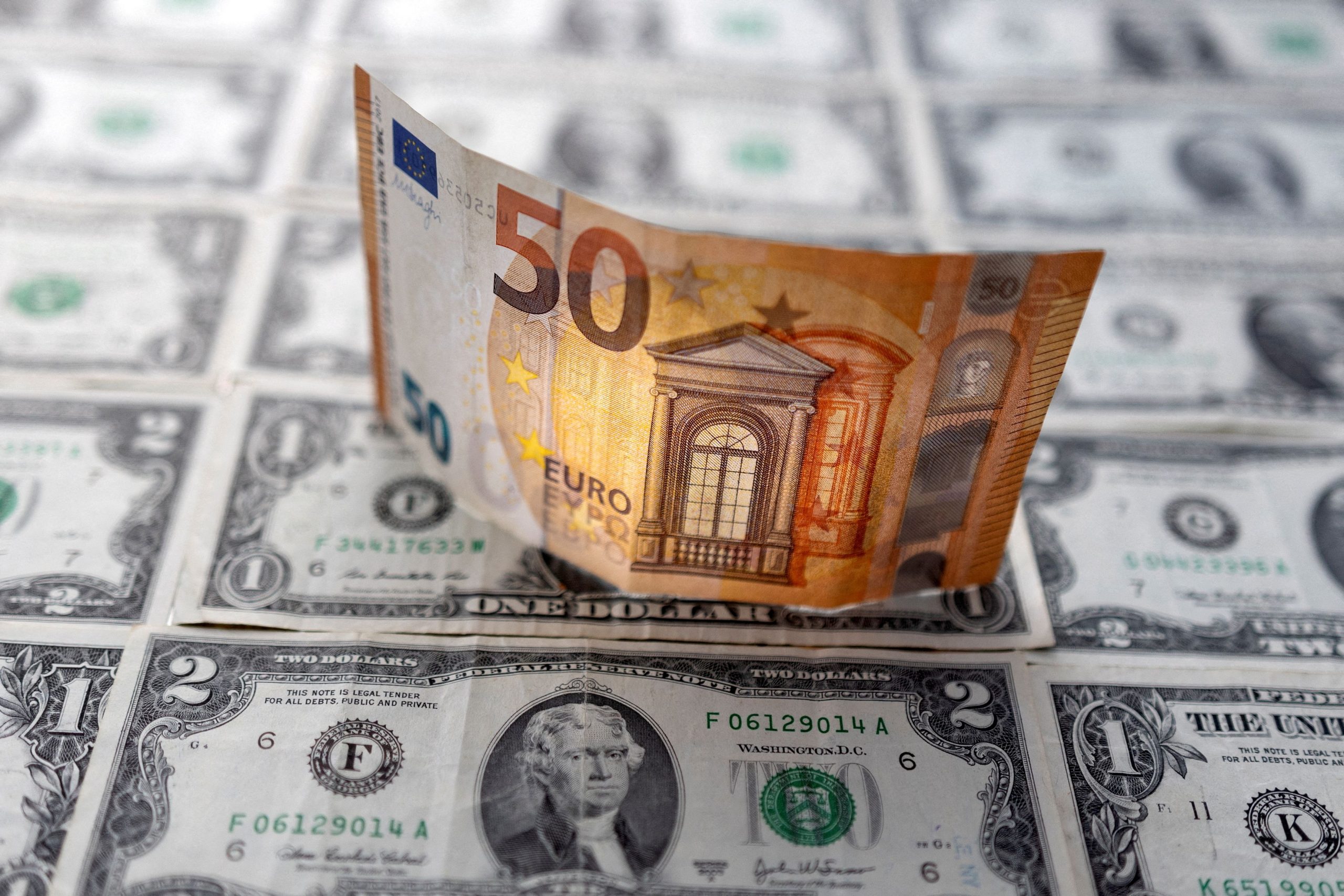The Greek economy has recorded a global record as it has the strongest support in dealing with the pandemic reaching a total of 32.1% of its GDP, if we take into account both fiscal interventions and the resources of the Recovery Fund, according to estimates by Bert Colijn, Senior Economist, Eurozone, ING.
Greece even leaves the USA in second place, as its interventions reach 25.5% of GDP (excluding the new measures), although the impact on the Greek economy will be much lower, as in the part of the national Recovery Plan that concerns Loans there are private financing commitments that are not guaranteed, while Italy ranks third with interventions corresponding to 21.9% of GDP.
However, US support has a direct impact on its economy compared to Greece or Italy, while overall Recovery Fund resources, together with national contributions, represent 12.4% of Eurozone GDP, which means funding is 50% lower than in the. USA. The Greek Recovery Plan is considered balanced, as it includes disbursements in other sectors besides the green and digital transition, which are the main pillars of the Next Generation EU. However, EU countries are not expected to use all the funds of the Recovery Fund, as so far 433 billion euros have been requested from the money they are entitled to (806 billion euros in current prices).
The end of the recession
Meanwhile, in a separate report, ING estimated that the end of the recession in the Eurozone (and Greece) has already come, predicting that after a technical recession in the first quarter of 2021, the economies of the euro area as well as the Greek economy will recover significantly in the coming quarters.
With the gradual opening of most of the eurozone economies expected in mid-May, in addition to the best expectations for travel and tourism, which are of interest to Greece, part of the savings accumulated due to lockdowns is projected to be directed towards consumption which will could also be the driving force behind the recovery in the euro area.
For ING, the first increase in euro interest rates is not expected before the second half of 2023, while it estimates that the ECB will not extend the “pandemic QE”, the emergency securities market program (PEPP) in which Greek bonds also participate, while it does not rule out that bond markets will take place under the “traditional” securities market program (APP) in order for the end of the quantitative easing to take place gradually.
However, Greece cannot participate in the APP (at least based on the current regulations), as it does not have the famous “investment grade” which it is expected to get by the end of 2022 or the beginning of 2023. However, making Greek debt eligible for long-term international capital officially (based on current statutes), something that will happen once the country acquires the “investment grade”, signifying among other things, that there will be no need to maintain the huge “Liquidity cushion” that it maintains and which costs about 500 million euros per year.
The chief economist of the ECB (P. Lane) expects that the strengthening of inflation in the euro area will not be excessive and estimates that the monetary support from the ECB will be necessary at least until March 2022, in order to maintain favorable financial conditions. Wood, meanwhile, forecasts 3.5% growth in 2021 and 5.3% in 2022 for the Greek economy, estimating that the domestic market could enter an upward cycle, finding support from the Recovery Fund resources, the stable political environment with a market-friendly government, the clearing of the banking sector’s balance sheets, but also the investment opportunities in non-financial sectors.




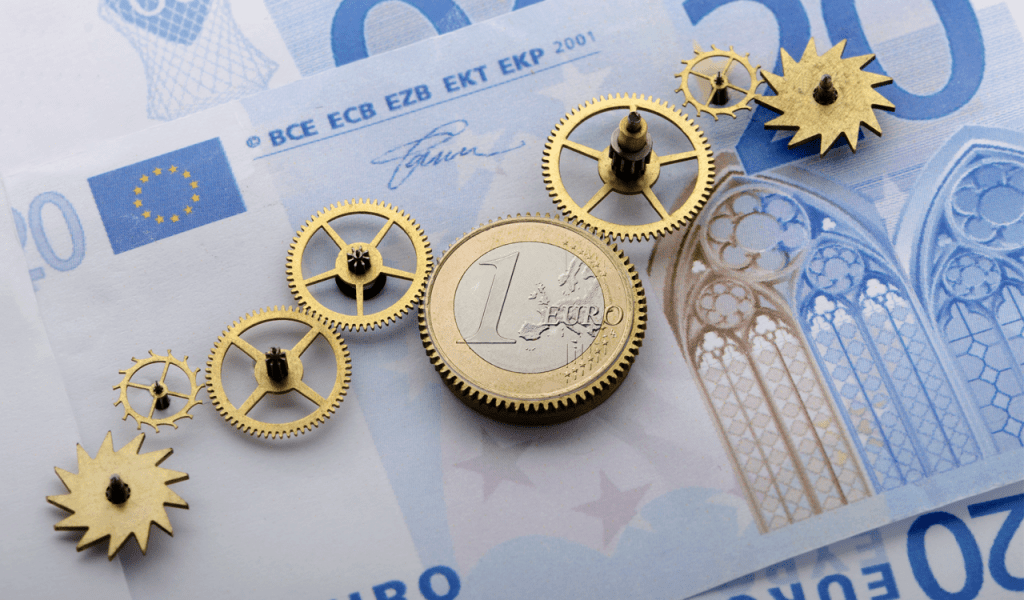
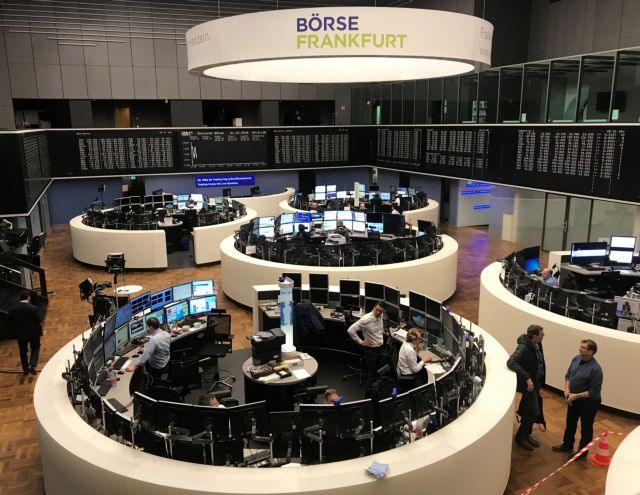




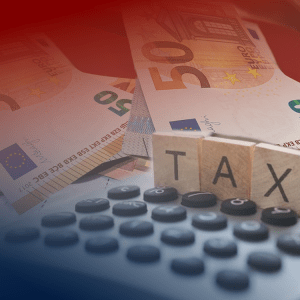






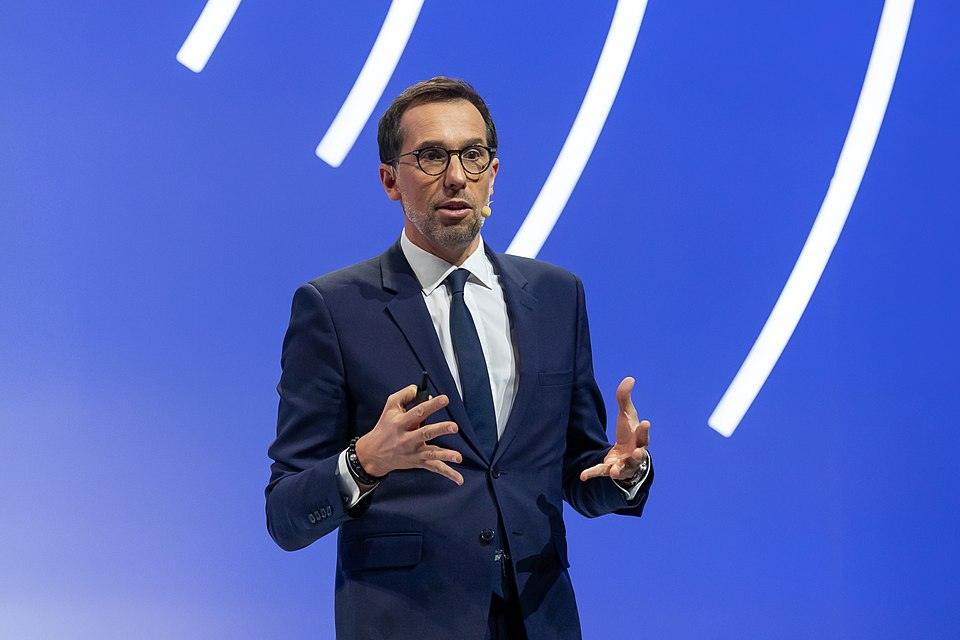

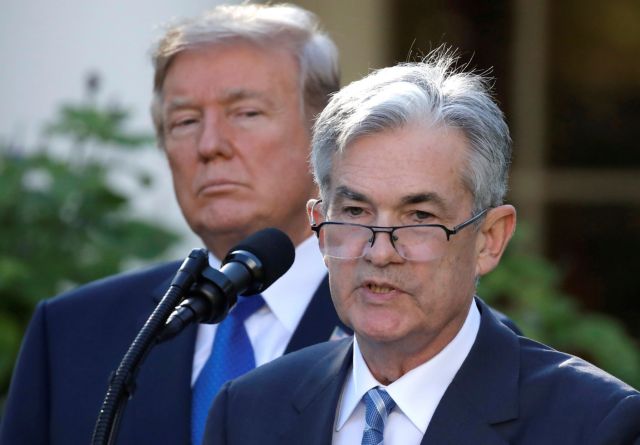











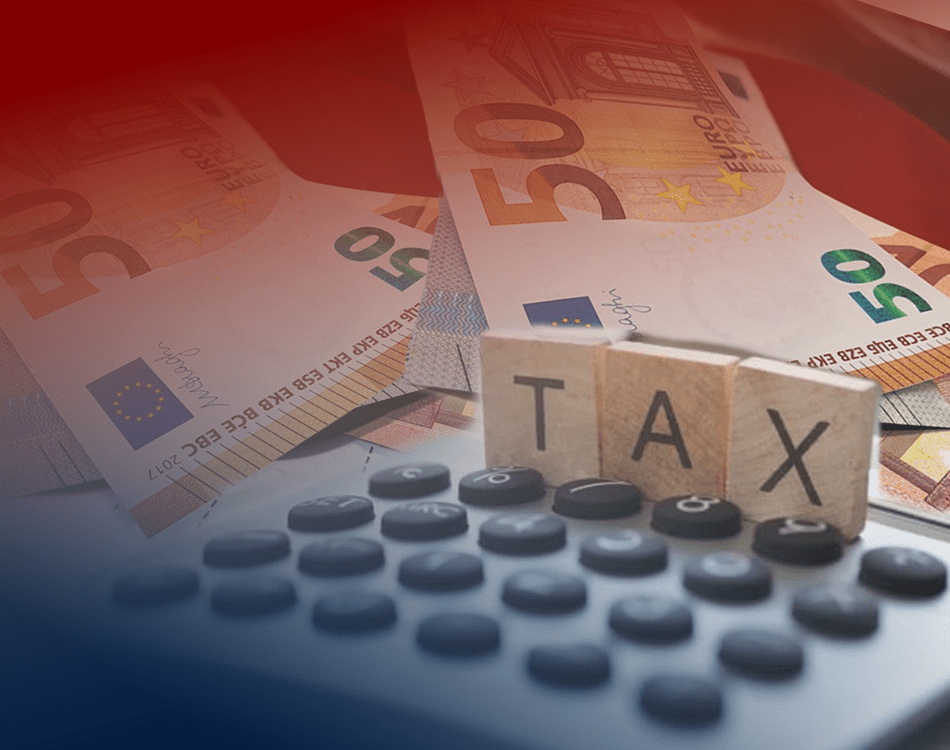

![Βραχυχρόνια μίσθωση: Καλπάζουν τα καταλύματα τύπου Airbnb στην Ελλάδα [γράφημα]](https://www.ot.gr/wp-content/uploads/2022/11/airbnb-2.jpg)

